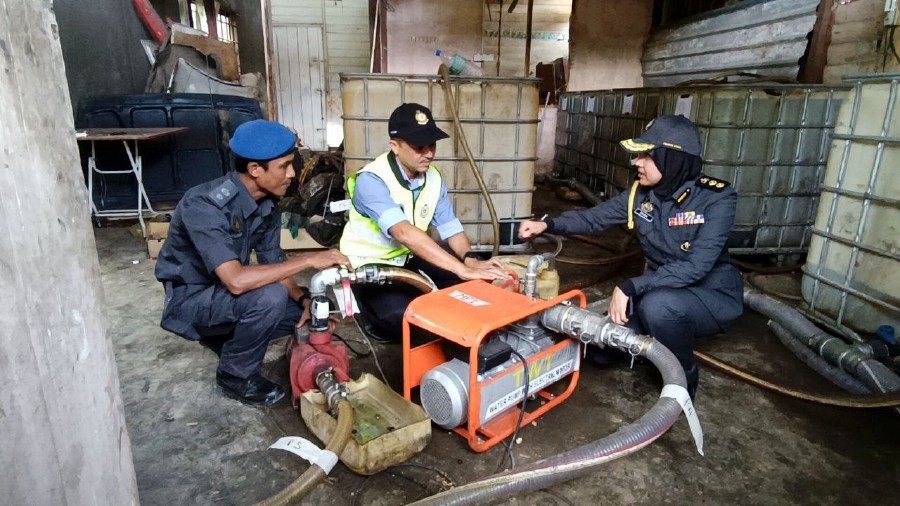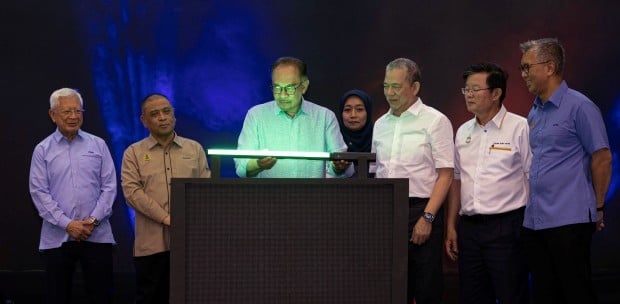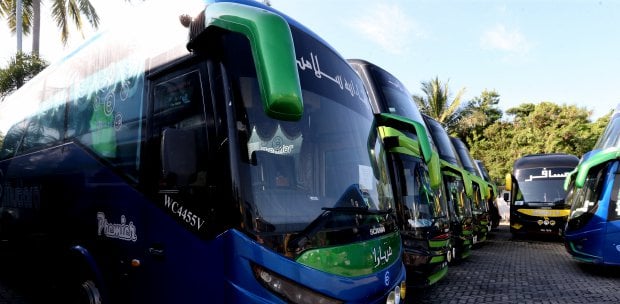THE implementation of targeted subsidies could be accompanied by actions to offset increased costs, such as subsidies for essential services, like public transportation, healthcare and education.
Vouchers and coupons for specific goods and services can ensure subsidies are used for essential items, such as food, healthcare and education, rather than being diverted to other purposes that may invite inflationary episodes due to a surge in aggregate demand.
For industries, incentives to transition to renewable energy are crucial.
This provides a way out for an industry heavily dependent on fossil fuels, making subsidy rationalisation more sustainable in the long run.
This shift not only supports subsidy rationalisation but also helps the country develop new industries and create jobs.
Using data analytics and technology to identify targeted beneficiaries can be challenging due to the need for information sharing across government agencies.
Data analytics and technology should be used as a regular and monitoring mechanism to track the distribution and usage of subsidies.
This helps identify and reduce leakages, fraud and misuse of the subsidy card.
Effective tracking is crucial as subsidy cards are not only a means for subsidy rationalisation but also a first step to boost the social security safety net.
Ensuring the success and sustainability of the administration's efforts requires making detailed information comprehensively available to the public, addressing concerns about the cost of living, and outlining the economic future.
Timely actions using data serve as enablers for the country to navigate subsidy rationalisation towards a more resilient and equitable economic future.
We believe that these approaches will also improve trust between the government, businesses and the public.
DR CHAN SOK GEE, DR TAN CHEE MENG
Associate professors,
Nottingham University Business School,
University Nottingham Malaysia
The views expressed in this article are the author's own and do not necessarily reflect those of the New Straits Times





